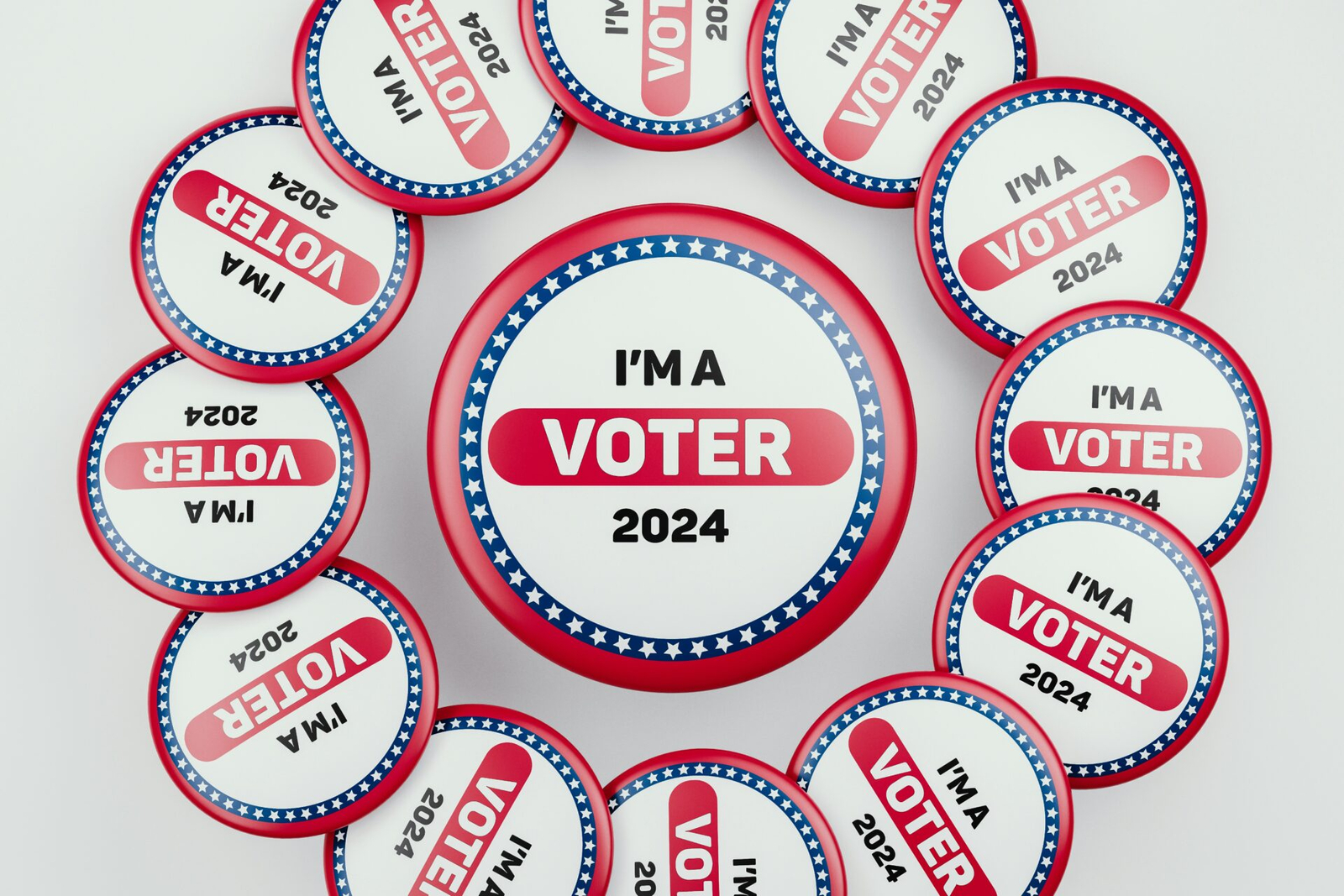The 2024 Democratic presidential primary process has been thrown into uncertainty following President Joe Biden’s decision to not seek re-election. While Vice President Kamala Harris has been endorsed by Biden as his successor, the Democratic National Committee (DNC) will ultimately determine the path forward in selecting a nominee.
The DNC has already approved a new primary calendar for 2024, moving South Carolina to hold its race first on February 3, followed by Nevada and New Hampshire on February 6. This change was intended to give better representation of the country’s diversity, but it has faced opposition from some progressives who argue it is meant to benefit more moderate candidates.
With Biden’s withdrawal, the DNC and Democratic leaders must decide whether to proceed with the primary process or convene a “smoke-filled room” at the convention to select the nominee. Historically, when party leaders have chosen the nominee rather than letting primary voters decide, it has not necessarily yielded worse candidates or presidents.
The 1968 Democratic Convention
The 1968 Democratic National Convention provides an interesting historical parallel to the current situation. That convention was held August 26-29 in Chicago, with the purpose of selecting a new presidential nominee after incumbent President Lyndon B. Johnson announced he would not seek re-election.
The convention was marked by contentious issues like the Vietnam War and voting rights, as well as riots, political turbulence, and mass civil unrest in the country. Senator Eugene McCarthy and Senator Robert F. Kennedy had challenged Johnson for the nomination, but Kennedy was assassinated in June, paving the way for Vice President Hubert Humphrey to secure the nomination without competing in any primaries.
Humphrey inherited delegates previously pledged to Johnson and collected delegates in caucus states, especially those controlled by local Democratic bosses. Many Democrats saw this process as fundamentally undemocratic, leading to reforms that opened up the process by requiring delegates to be selected in primaries or caucuses.
In the end, Humphrey and Muskie ticket of the Democratic Party was defeated by Richard Nixon and Spiro Agnew of the Republican Party in the presidential elections.
Potential Democratic Contenders
In the absence of a clear path forward, several potential contenders have emerged as possible replacements for Biden:
- Vice President Kamala Harris, the most natural pick as the current VP, although she faces challenges in polling
- California Governor Gavin Newsom, a visible advocate for Biden who has courted a national profile
- Michigan Governor Gretchen Whitmer, a vocal supporter of Biden from a crucial swing state
- Pennsylvania Governor Josh Shapiro, known for his landslide victory in the state’s gubernatorial race
- Illinois Governor JB Pritzker, a seasoned politician and staunch supporter of Biden
The upcoming Democratic National Convention in August will be a pivotal moment as the party charts its course towards the presidential election in November. With Biden’s withdrawal, the race for his successor intensifies, and the party must decide whether to proceed with primaries or convene a convention to select the nominee.

